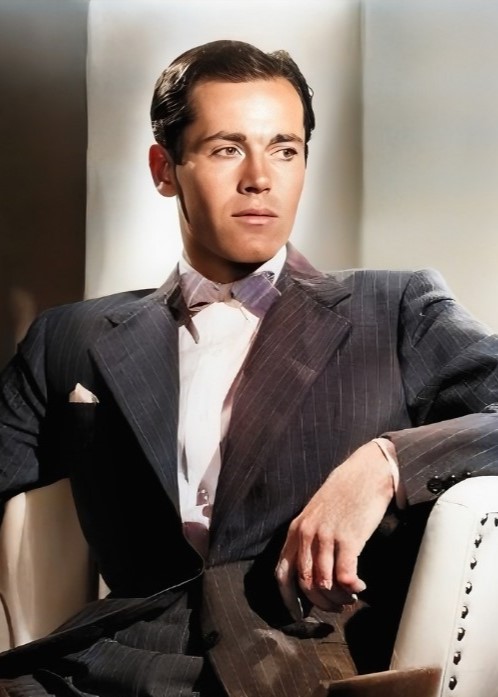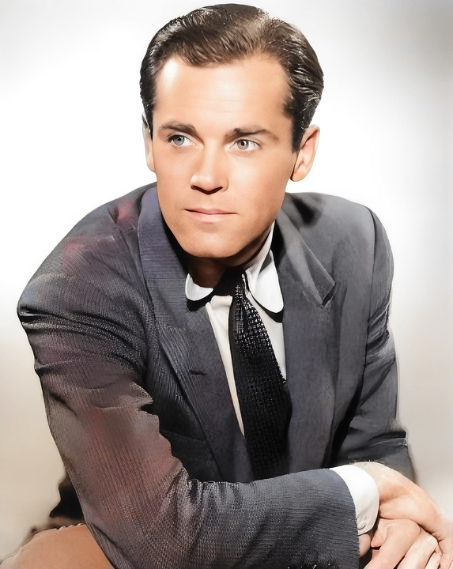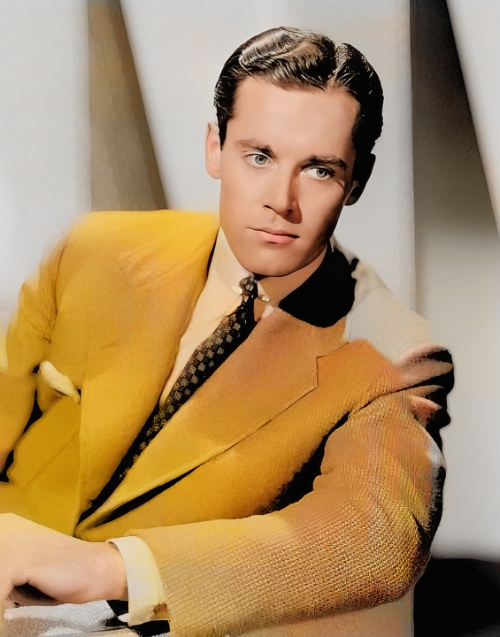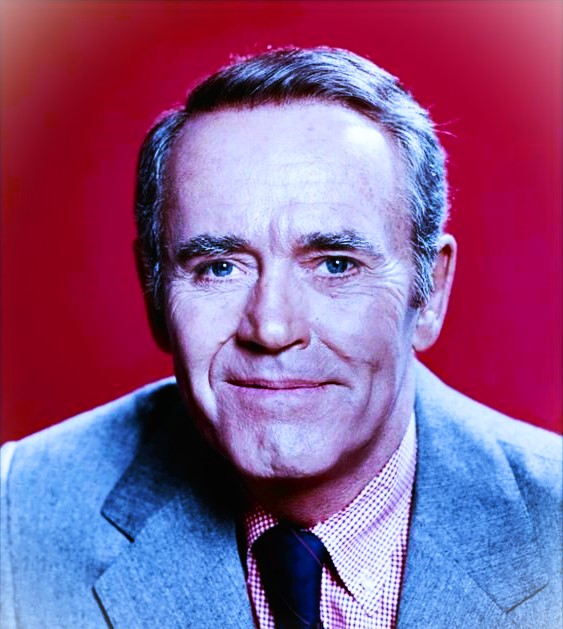“Henry Fonda: Unveiling the Unexpected Handsomeness and Timeless Style of a Hollywood Icon”


Like a comet streaking across the night sky, Fonda burst onto the cinematic scene in 1935, leaving a trail of awe in his wake. His early roles were a kaleidoscope of characters, from the dashing fiancé opposite Bette Davis in “Jezebel” to the stoic and soulful Tom Joad in “The Grapes of Wrath,” a performance that painted the screen with raw emotion and earned him an Academy Award nomination.

The 1940s saw Fonda’s star ascend to new heights as he rode the wild waves of Hollywood, effortlessly shifting gears from comedy to drama. Whether he was charming audiences in “The Lady Eve” or embodying the iconic lawman Wyatt Earp in “My Darling Clementine,” Fonda’s presence was magnetic, drawing viewers into his cinematic orbit.
But it was in the heat of deliberation in “12 Angry Men” that Fonda truly shone, his portrayal of the impassioned Juror No. 8 igniting the screen with a firestorm of conviction and charisma. Awards and accolades followed, a testament to his undeniable talent and enduring impact on the silver screen.

As the years unfurled like a grand tapestry, Fonda continued to captivate audiences with his chameleon-like ability to inhabit a myriad of roles. From the enigmatic villain in “Once Upon a Time in the West” to the tender patriarch in “On Golden Pond,” his performances were a symphony of emotion and artistry, resonating with audiences long after the credits rolled.
Though he may have bid farewell to this mortal coil, Henry Fonda’s legacy burns bright, an eternal flame lighting the way for future generations of actors and dreamers alike.

In the grand theater of life, his was a performance for the ages, leaving an indelible mark on the heart of Hollywood and the soul of cinema.

